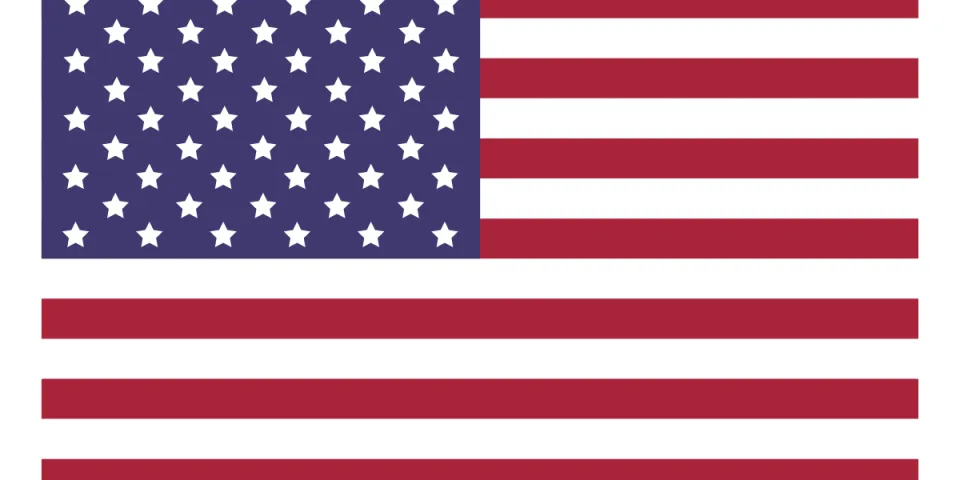Latest
Serving as a Military Nurse: Q&A with Sue Berto
Jun 27, 2019

Nursing has always been Sue Berto’s passion, and serving in the military allowed her to make a difference in more ways than she could have imagined.
Now, as a nursing instructor at Herzing University-Kenosha, she enjoys the opportunity to help her students find their path to a rewarding nursing career.
We talked to Sue to learn more about her military nursing experience, and what it was like transitioning back to civilian life.
Why did you choose to join the military, and how long did you serve?
I had always thought about joining the military, even at a young age. Growing up, I would see movies and TV shows about military nurses and how they cared for our veterans. I thought, “I want to do this.” Our service members deserve the best care that we can give them. I think that is what made me decide finally to serve.
I served for 12 years in the Army, from 1988-2000. In 1990, my unit was deployed to support the hospitals located in the German theater during Operation Desert Storm. I was stationed there for seven months, working on a medical/surgical unit to provide care for wounded and ill soldiers.
What kind of nursing career did you have before the military?
I worked in a post-op surgical unit in a hospital. I also had a lot of experience in home health nursing. My early experiences as a nurse exposed me to a whole range of different illnesses and injuries, which I think helped me when I became a military nurse.
Since I had several years of nursing experience already, I was granted the rank of 1st lieutenant when I joined.
What it’s like to be a military nurse?
Military nursing is totally different from civilian nursing. In the military, you are a nurse, a friend, a confidant – almost like family – to your patients. They are away from their family members and rely on you to be there for them.
Also, you don’t always have access to the supplies that you would have in a traditional hospital, especially in a field hospital. You learn how to deal without things.
What was the biggest difference between military nursing and civilian nursing?
The biggest difference is the camaraderie you have with your fellow military nurses and the patients you serve. In the civilian world, you always say that you are going to stay in contact with someone when you change a position, but you rarely do.
In the military, you do. You live in the same barracks, eat at the same canteen, work at the same hospital, cry together and laugh together. You are a very tight-knit family. Everyone who was in the military understands this.
What was challenging about being a military nurse?
I think the biggest challenge was leaving my children behind in the States when I was deployed to Desert Storm. They were young – about 7 and 4 years old. That was very difficult for me.
Do you have any advice for those transitioning from military nursing back into civilian nursing?
Yes! Take time to get to know your friends and family again, and don’t expect them to understand what you have been through.
What was the biggest reward of being a military nurse?
When I was in Frankfurt, I cared for a soldier who had been stationed in Casablanca. He was suffering from PTSD. I stayed by his bedside at night during my off time, so that he would see me sitting there when he woke up. I knew that seeing me there calmed him down. The day he was discharged to the States, he gave me one of his patches and asked for one of mine. He said, “This way, I will never forget the nurse from Wisconsin, who sat with me and who literally saved my life.”
Do you have any advice for those thinking about becoming a military nurse?
I would say do not hesitate to join the military. You will never regret it, and you will get so much experience and knowledge from working with active duty service members and veterans. We owe them our lives. Give some of yours to them by your sharing your knowledge and by caring for them.
I love my career and my time in the military, and I wouldn’t change anything. After I retired from the military in 2000, I had a whole different outlook on my practice. I love being a nurse, and I feel that it is a truly rewarding career.
If they called me to serve today, I would go in a heartbeat. It’s what I can do for my fellow soldiers.
Learn More About Our Nursing Programs
BLS pay estimates calculate the median annual wage for various occupations. Per the BLS the median wage for an occupation is: "The wage at which half of the workers in the occupation earned more than that amount, and half earned less. Median wage data are from the BLS Occupational Employment and Wage Statistics survey." Bureau of Labor Statistics (BLS), U.S. Department of Labor, Occupational Outlook Handbook 2024. BLS median wage estimates do not represent entry-level wages and/or salaries. Multiple factors, including prior experience, age, geographic market in which you want to work, and degree level and field, will affect career outcomes, including starting salary and earnings as an experienced employee. Herzing neither represents that its graduates will earn the median salaries calculated by BLS for a particular job nor guarantees that graduation from its program will result in a job, promotion, particular wage or salary, or other career growth.
Latest
Recent Blog Posts
Subscribe to our Newsletter
Get the latest news you need to know, from study hacks to interview tips to career advancement. Have it delivered right to your inbox biweekly.








